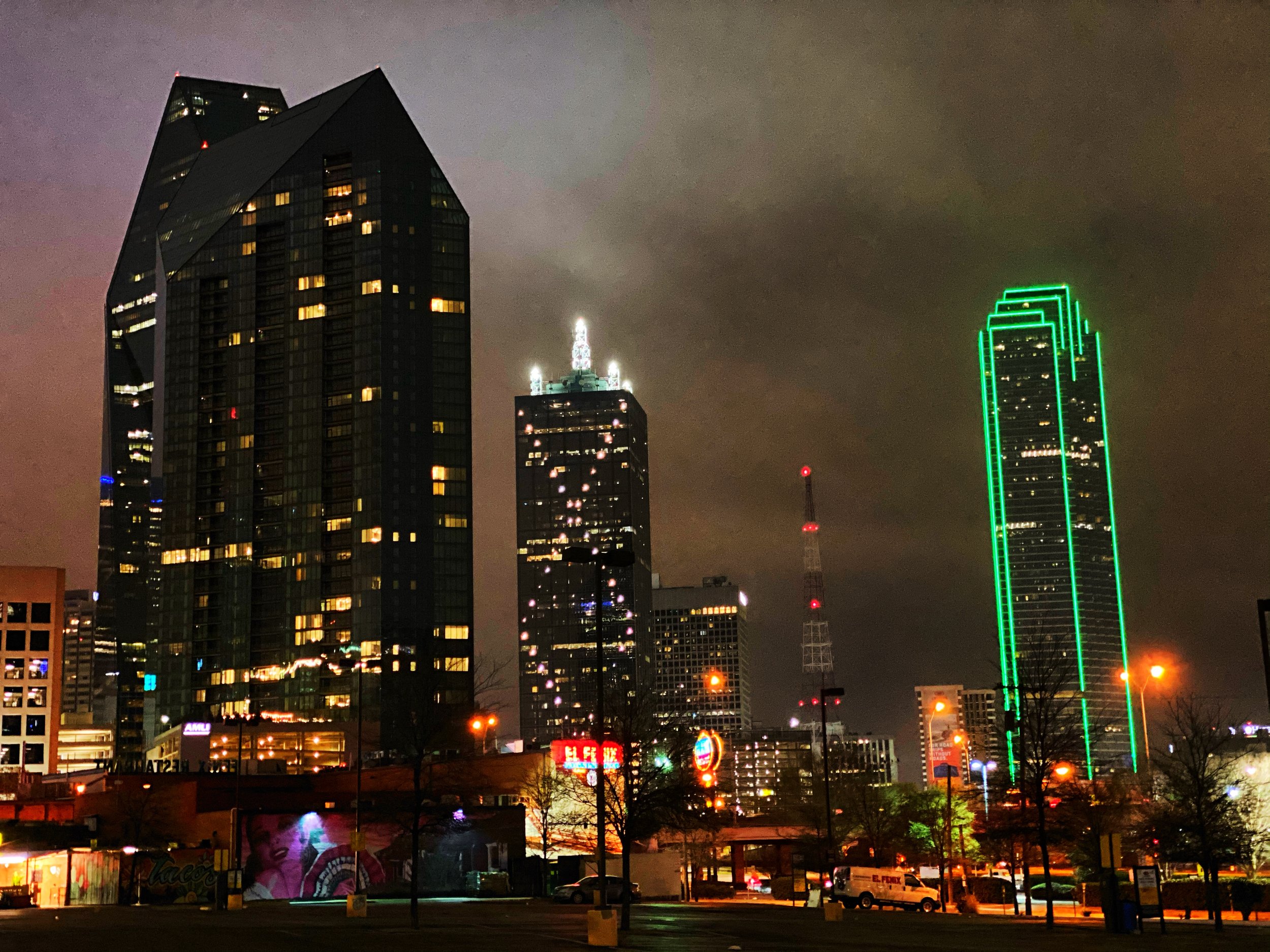Belonging (Part 2)
I’ve written about the feeling of “belonging” – or not — in the past, but I’ve been thinking more about it lately because of a passing comment my daughter made a few weeks ago. She wondered aloud if she had attended a larger high school if she would have found her “niche” more easily.
My daughter and I are both products of small rural schools where white, evangelical heterosexuality is considered God’s preference . The summer before she entered the 4th grade, my husband accepted a job not far from my hometown, and we moved away from the place where our daughter was born and had attended school since Kindergarten. A place that I had come to think of as “home.”
I did not want to move, but I knew that it meant a new opportunity for my husband’s career. The move came at a time when I was struggling. My father had just been diagnosed with pancreatic cancer. Although the move brought us closer to my hometown and parents, it also felt like a step “back” for me.
I recall attending my first high school football game at the new school. My heart was heavy. Truth be told, I was also angry about the expectations that I “needed to attend” the game when I was dealing with trying to process my feelings about my dad’s health and wanting to be there with him.
As I stood at the back of the end zone far away from anyone in the bleachers, I caught a glimpse of my daughter running by me with a cadre of other 4th graders on her heels. She stopped briefly to wave at me, then proceeded to tell the other kids what they were going to do next. In my mind, I saw the other kids hanging on her every word and following her every direction. And, I said a silent prayer that my 10-year-old had acclimated to her new surroundings so easily.
Twenty-three years later I learned that I had missed major cues that it wasn’t that easy for her. I also learned about her feeling responsible for helping take care of her grandfather and witnessing him in a vulnerable position that haunts her to this day.
I assumed my daughter felt like she “belonged” in her new setting because that’s what I wanted to believe. The truth is that I had spent a large chunk of my life mostly assimilating into the environment although I always had a recurring nagging feeling that I didn’t really “fit.”
I ignored the signs my body was trying to tell me when I was feeling anxious about not “belonging.” I ignored the hurtful comments that made excuses for injustice or worse – laughed at the plight of those who suffered injustice. I ignored the knot in my stomach when I tried to tell someone about my feelings and was dismissed with “I’ll pray for you,” while they moved on to a topic more palatable to them.
I ignored a lot of things in my never-ending struggle to belong in a space where I didn’t fit and was constantly attempting to please and assimilate. I suspect that many of my family members past and present have had the same struggles. I wasted so much time.
I’m happy to report that my daughter and I are both in safe spaces surrounded by people who love us for who we are, not for who they want us to be.
I am forever grateful to the people in “my squad” who have given me the courage to claim who I am without fear of shame or ridicule. My hope is that my granddaughter and younger members of our family find those safe spaces much sooner than I did.



